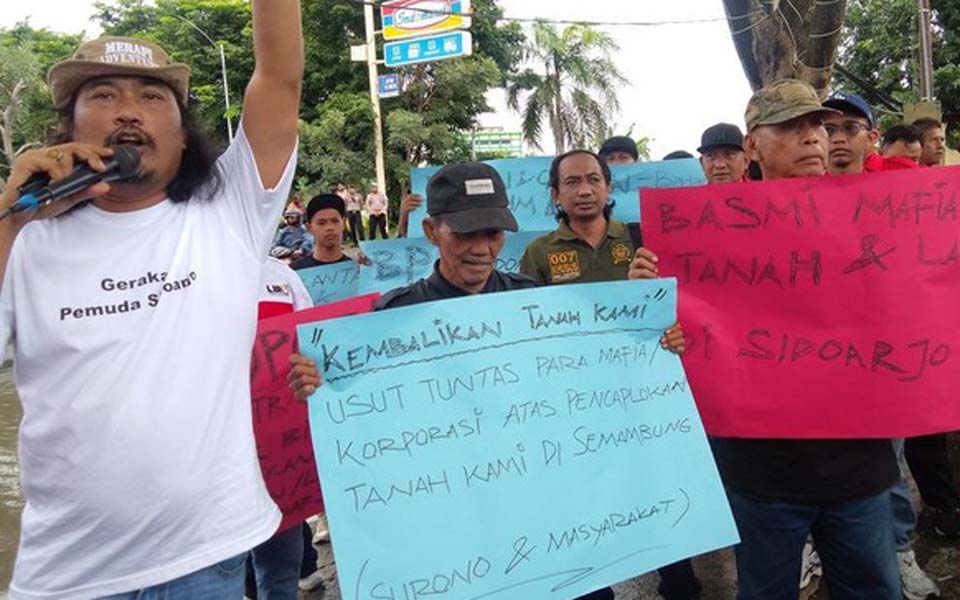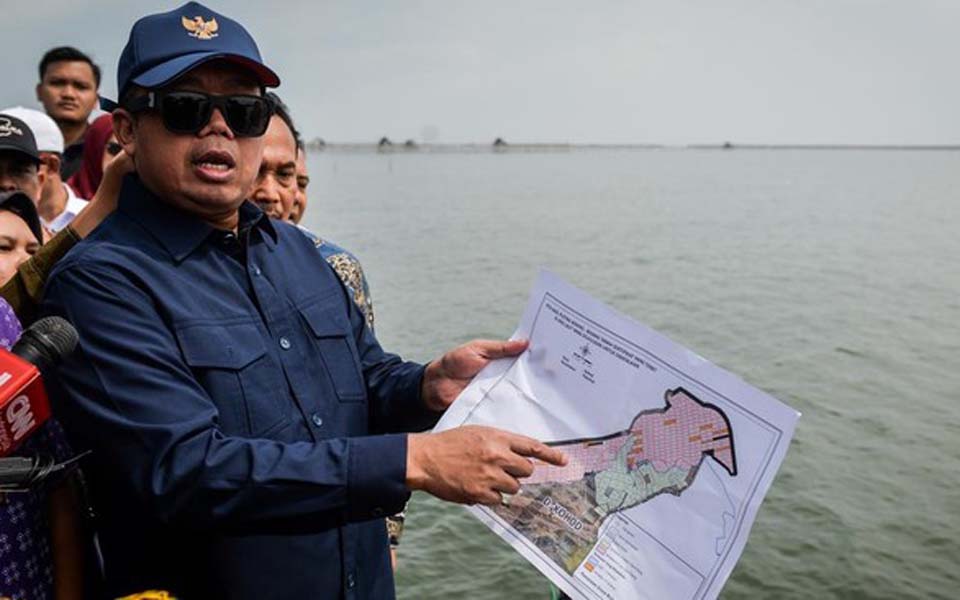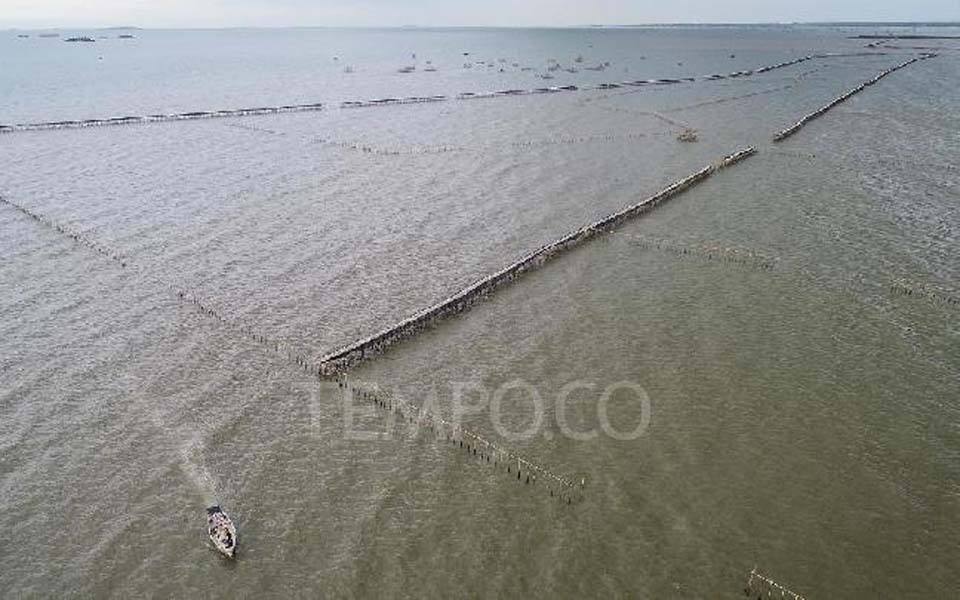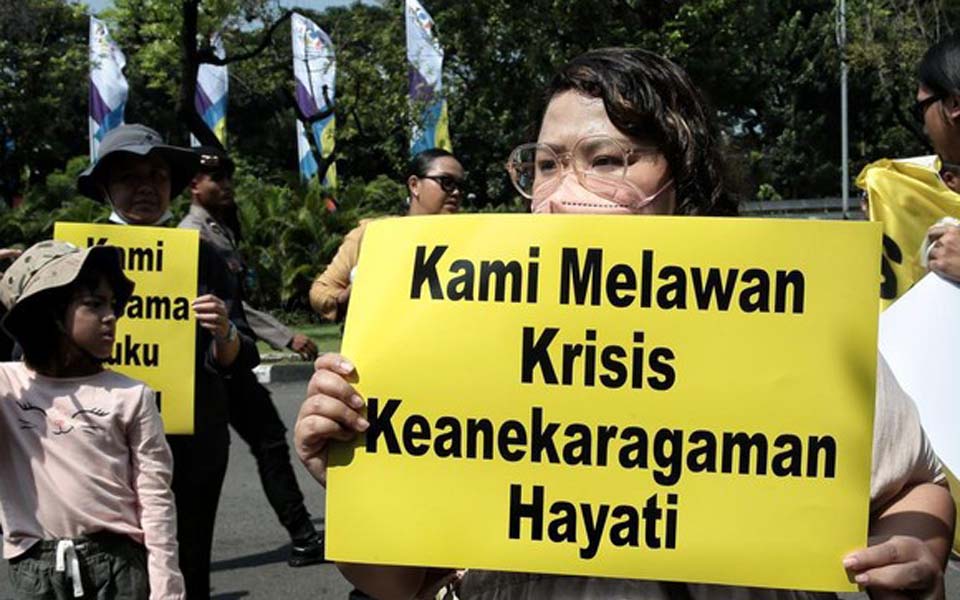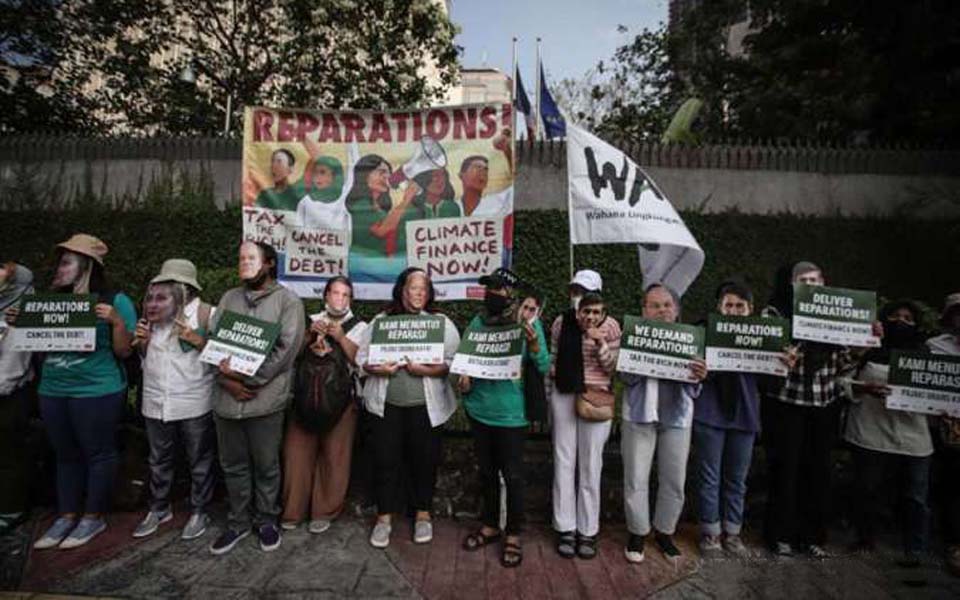Jakarta – The Advocacy Team for Academic Freedom (TAKA) launched a lawsuit against Environment and Forestry Minister Siti Nurbaya Bakar with the Jakarta State Administrative Court (PTUN) on Wednesday June 7 over the minister's anti-scientific policies.
TAKA member Abdil Mughis Mudhoffir said the lawsuit was filed against Bakar because she was considered to have committed onrechtmatige overheidsdaad – an unlawful act by a government agency or official.
ON September 14, 2022, Bakar is alleged to have issued Decree (SK) Number S.1447/Menlhk-Ksdae/KKHSG/KSA.2/9/2022, which was in response to an opinion article by Erik Meijaard and Julie Sherman published in the Jakarta Post on September 15, 2022 titled Orangutan conservation needs agreement on data and trends.
Mudhoffir explained that the decree stated that the research findings by Meijaard and his colleagues on the decline in orangutan populations in Indonesia had negative indications that could discredit the government.
Bakar then instructed the head of the Balai Besar National Park and the Balai Besar Natural Resource Conservation Agency not to provide services to them related to research permits or approval for conservation activities under the Environment and Forestry Ministry's (KLHK) authority.
"Acting as the plaintiffs are Safenet [Southeast Asia Freedom of Expression Network] and the YLBHI [Indonesian Legal Aid Foundation] who have stated that the decree is a form of anti-scientific policy that violates academic freedom, does irreparable damage to the independence of science as well as being contrary to the general principles of good governance (AUPB)", Mudhoffir said in a written statement.
He also elaborated on the reasons why they launched the lawsuit, the first being that Bakar violated the law in procedural, authoritative and substantial terms.
According to Mudhoffir, Bakar's statement, which said that the findings of Meijaard and his colleagues had negative indications, exceeded the minister's authority as regulated under Article 17 Paragraph 2b of Law Number 30/2014 on Government Administration.
Second, the decree runs contrary to the general principles of good governance, namely the principles of usefulness, accuracy, not misusing authority, transparency and the public interest.
TAKA believes that the decree does not have a harmonious ratio of logic with higher legislation. In addition to this, the act of issuing the decree was a form of abuse of authority that is contrary to legislation.
"As a consequence, limiting space for academic freedom violates the fifth principle of the five Surabaya Principles of Academic Freedom, namely setting restrictions and the use of authority outside the scope of [an institution's] mandate that harms the public interest and inhibits the space for participation", he said.
Bearing in mind that science is relative, he said, differences in the scientific framework are efforts to find new truths through discourse or dialectics.
Therefore, differences in ideas should be responded to by discussion, debate and mutual criticism within the scientific framework, not attacking individuals because they do not like what they say.
"The argumentum ad hominem (fallacious argument) in the SK, is that it inhibits the process of scientific development and the optimal protection of orangutans", said Mudhoffir.
The third reason is that Bakar's actions in issuing the decree have given rise to a broad impact, losses and other structural problems. This is as regulated under Article 8 (1) of Law Number 12/2012 on Higher Education and the General Comments of the Committee on Economic, Social and Cultural Rights Number 13 concerning the right to education.
TAKA is of the view that the decree conflicts with the principle of scientific independence that represents the foundation of the search for objective scientific truths.
In addition to this, the decree has also prevented and has the potential to obstruct the production of knowledge that is beneficial to the public, particularly in relation to the conservation of endangered animals which is important for the ecological balance.
Finally, Bakar's letter has had the effect of creating fear and widespread concern among researchers, including self-censorship that can harm the interests of science.
Several local researchers and research institutions in Indonesia, for example, who previously collaborated with Erik Meijaard and his colleagues on research projects, have canceled research cooperation over concerns that they too will suffer the same treatment as that experienced by Meijaard
On that basis, TAKA is of the view that their lawsuit is important as a means of correction in the face of government power that limits the academic freedom of its citizens.
In their lawsuit, they are asking the PTUN to declare that the action of issuing the decree violated academic freedom, damaged independence and violated the general principles of good governance and was an illegal act.
Not only that, the lawsuit also asks the PTUN to order Bakar to revoke the decree and require her not to take administrative actions in the form of obstacles or restrictions on public rights in the form of anti-scientific policies that limit academic freedom and violate the law and the general principles of good governance.
CNN Indonesia has contacted Siti Nurbaya Bakar and the Head of the Environment and Forestry Ministry public relations bureau, Nunu Anugrah, regarding the lawsuit. But as of this article being published, neither of them has responded. (lna/DAL)
[Translated by James Balowski. The original title of the article was "Koalisi Sipil Gugat Menteri LHK Siti Nurbaya soal Kebijakan Anti-Sains".]







